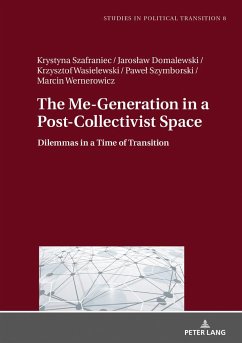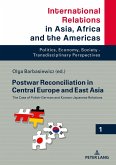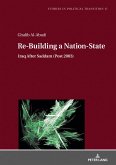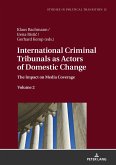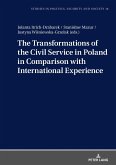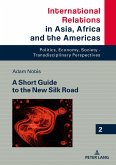As a result of ongoing political transformation, post-communist countries are opening up to a global world and its influence. This poses new challenges and complicates the socialisation process of young people. In this book, the authors ask what orientation changes can follow, when they are determined by the resources of innovativeness of a young generation and structural limitations of a system. The basis of analyses were different types of national and international sources, collected in reference to nine post-communist countries in Europe and Asia. The comparison leads to a surprising conclusion: It is difficult to perceive representatives of the first generation, whose growing up has taken place only in the new political system, as «the drivers of the change».
Bitte wählen Sie Ihr Anliegen aus.
Rechnungen
Retourenschein anfordern
Bestellstatus
Storno

